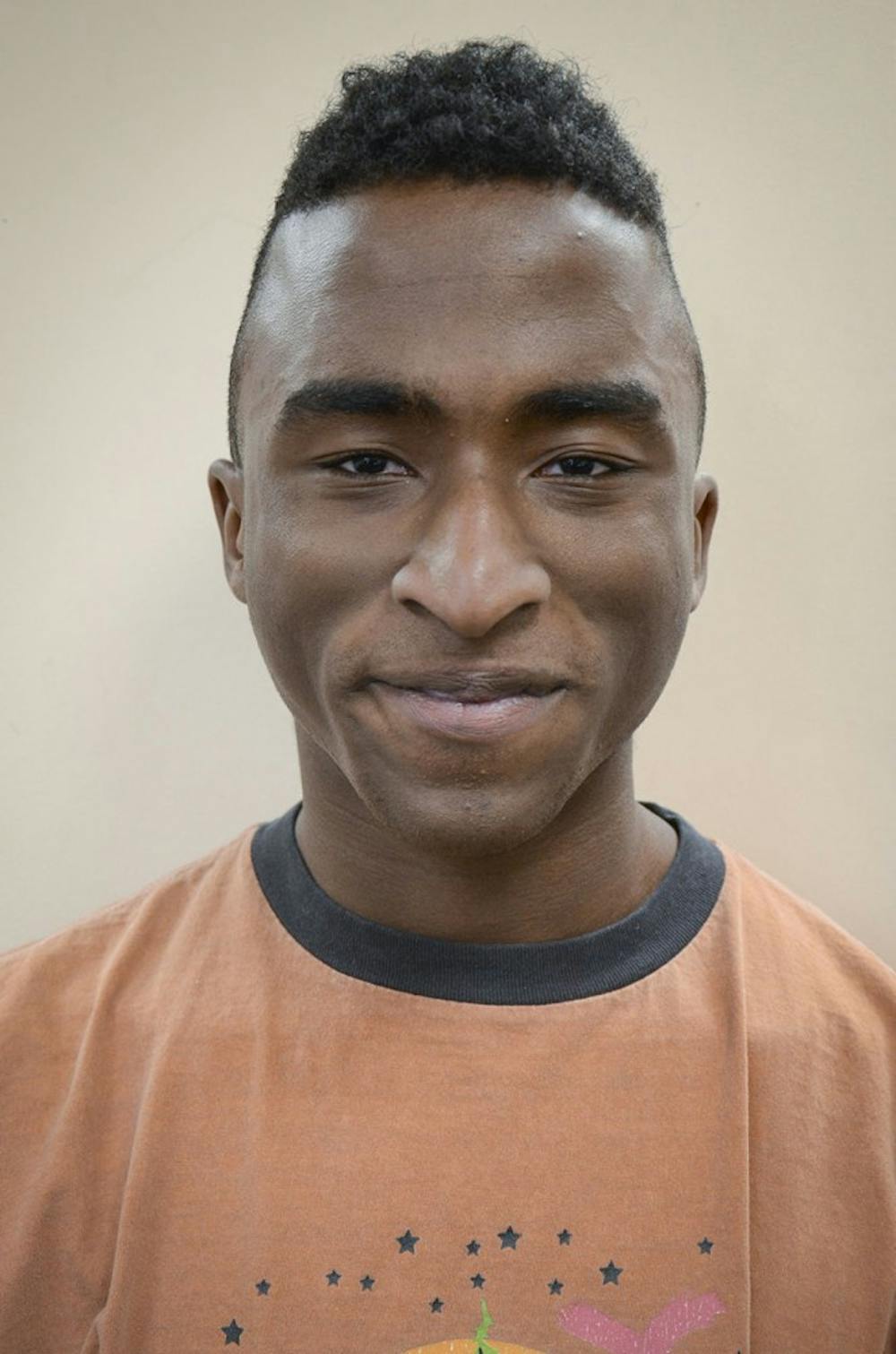We must confront our reluctance to "face the ugly side of history."
When I was 12 years old, I took a trip to Baltimore, Maryland. We made a stop and took a tour of the National Great Blacks In Wax Museum. I roamed the museum in pure shock and anger at the images I saw — slaves in shackles and metal contraptions over their heads, life-sized wax replicas of black bodies wedged into the bowels of slave ships, or a slave woman, screaming as she is being pushed to the floor by a white master. I saw replicated fountains with “Colored Only” signs. I saw wax replicas of protesters being hosed and attacked by dogs. My younger mind was ravaged by the brazen truth that painted a grotesque and unfiltered depiction of one part of this country’s history. No textbooks, class lectures or conversations prior had shown me this, and I believe it was to protect my young mind from the cruel capabilities of humanity.
Although I was able to have this specific realization at 12 years old, I still didn’t understand the modern implication of slavery, segregation and racial dehumanization. For me, this fuller realization didn’t arrive until this school year when I read “The New Jim Crow.” I had the experience of being a black male in America, being told to not stay in stores too long because I would look suspicious or to never look threatening near the police, but having a scholarly analysis of why opened my eyes. I began to realize that blackness and whiteness were byproducts of a world full of people too tired, too unaffected or too brutalized to challenge these ideologies.
But in recent months, we have seen a change. Last year, the unrest in Ferguson made national and international news. Socio-political movements in Gaza, Mexico, Hong Kong and other places have arisen. Across the globe, people are beginning to realize the intersectionality of the militarization of police everywhere and have begun to work toward collective change. For many people, myself included, the fight is no longer within ourselves to realize these atrocities, but to keep them at the forefront in our own lives and communities.
Last semester at Ohio University, this was somewhat easier with constant and arguably problematic coverage of the unrest in Ferguson and Tamir Rice protests in Cleveland from mainstream news sources like CNN. It was timely and trendy to care, but now a new semester has started, and the fight is still on. On Monday, students from New BLAC installed a mass graveyard of more than 100 signs on College Green, commemorating black lives slain by police. There was also a vigil in their honor.
There is reluctance in our country to face the ugly side of history because we are afraid that blame will be pinned on innocent people. We divide history into convenient bite-sized sections, such as Black History Month or the Civil Rights Movement. We have Diversity Week at universities or African American Studies departments, while the majority of courses are Eurocentric. We desensitize and separate ourselves from not only viewing minority struggles as part of the collective human struggle, but also attempting to detach it from the present problems as well. We see events like Ferguson, the shooting of Tamir, the whitewashing of the events like the Oscars, cultural appropriation in the media by artists like Miley Cyrus or ignorant racist comments online as separate from a much larger dilemma — the fact that we are so complacently fearful of facing the idea that humanity is in dire need of repair.
{{tncms-asset app="editorial" id="abb958f4-b70a-11e4-bb35-d7880273ce76"}}
When our preconceived notions and perceptions of the world around us are challenged, only then will we be able to embark on the path toward lasting change.
The more difficult reality to face is that, to some degree, we are all to blame. We stand by. We don’t challenge the status quo. We avoid difficult conversations because we wish to protect ourselves from the guilt. We fear that we will be faced with a moral dilemma: to be passive in the face of social injustice or to speak up, to challenge others, to rally, and to begin action on ways to make society better. Without this shift in the personal and collective mindset, more children or adults, like myself, will waste time in a blissful ignorance that if shattered, could lead to them being the next person to radically challenge their environment for the better.
Ryant Taylor is a senior studying English, a coordinator for the Ohio University Student Union, LGBTQA commissioner for Student Senate and an activist on campus. Email him at rt923710@ohio.edu.






